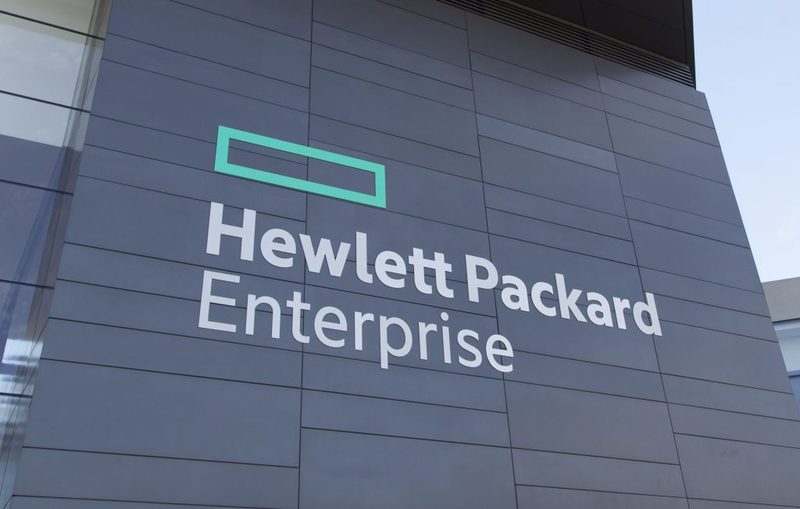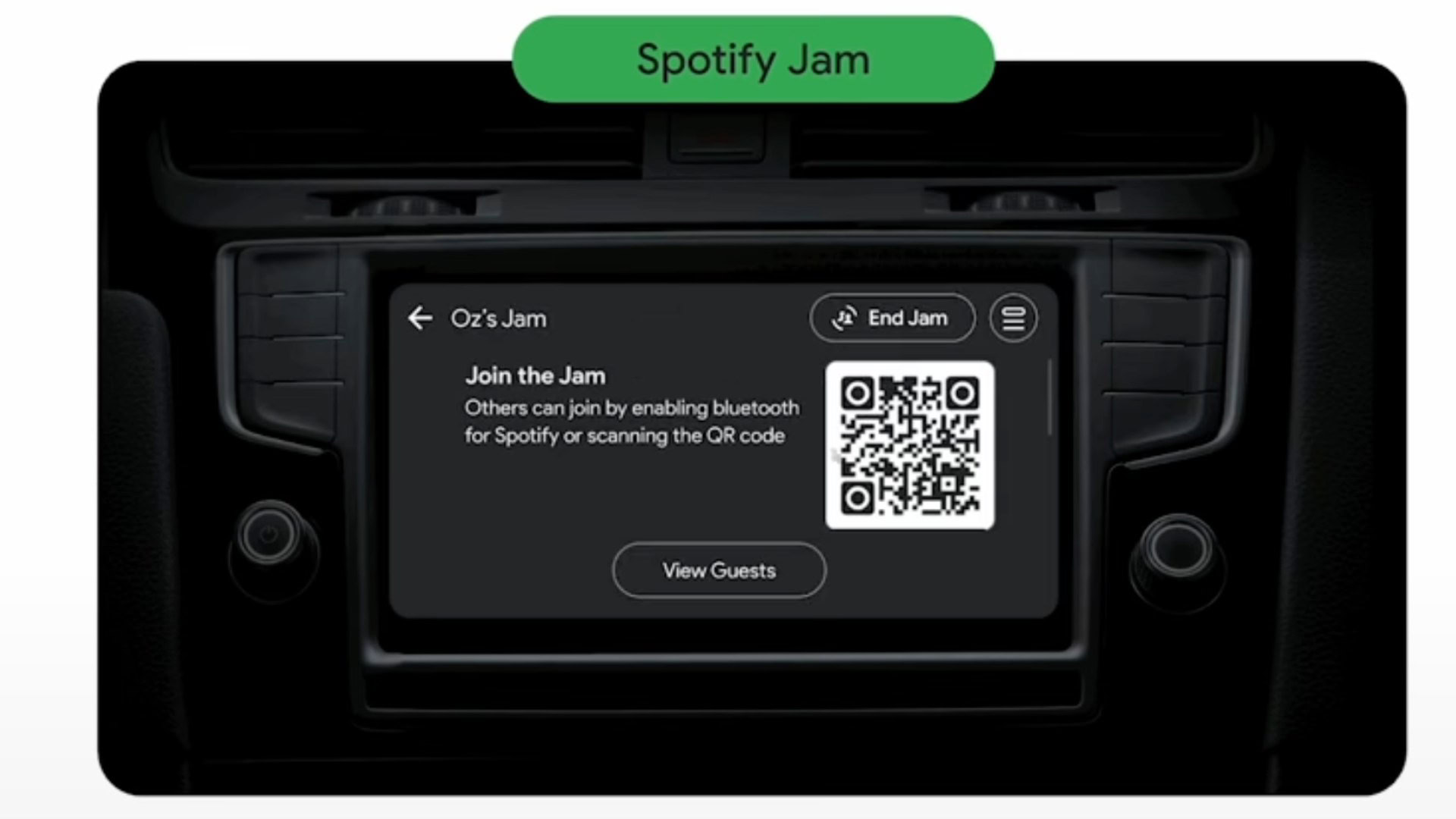If all the tariff talk has been more of an abstract political squabble than a hit to your wallet, Amazon CEO Andy Jassy offered one explanation in the company’s earnings call this week.
Amazon, as well as many of its third-party sellers, intentionally purchased extra inventory in anticipation of the policy change. Many items on the site today are selling under those pre-tariff prices, but once the inventory runs out, shoppers are out of luck, particularly if US trade talks with China aren’t successful.
“We’ve done some forward buys of inventory where we’re the first-party seller,” Jassy says. “Our third-party sellers have pulled forward a number of items, so they have inventory here as well.”
Amazon is “encouraging” third-party sellers to buy as much inventory at pre-tariff prices to “keep prices as low as possible for customers.”
These tactics mean shoppers haven’t quite felt the sting of price increases. Consumer spending surged in March while inflation cooled, Reuters reports. However, the US’s gross domestic product (GDP) slowed from 2.4% in Q4 to 0.3% in Q1, almost entirely because of the extra imports to beat Trump’s tariffs, the Associated Press reports.
While it seems like this may all come to a head soon, Amazon says its size makes it more resilient to tariffs than smaller retailers. With “hundreds of millions of unique SKUs” and over 2 million sellers, Amazon’s selection can shift to best serve customers depending on the political environment, Jassy says. Sellers in countries with high tariffs may either raise prices or absorb the cost on their own, and customers will continue to flock to the lowest prices.
Get Our Best Stories!
Your Daily Dose of Our Top Tech News
By clicking Sign Me Up, you confirm you are 16+ and agree to our Terms of Use and Privacy Policy.
Thanks for signing up!
Your subscription has been confirmed. Keep an eye on your inbox!
That could mean your favorite products are no longer affordable, and less selection overall. Even President Trump’s officials are starting to stockpile supplies at today’s prices while they’re still in effect, Rolling Stone reports.
Earlier this week, the White House lashed out at Amazon following reports that it would update listings to outline when US tariffs have caused price increases. Amazon said it only considered doing that on its Temu-like Haul service, but decided against it.
Ironically, the tariffs could benefit Chinese sellers on Amazon, Jassy says. Many retailers in the US and other countries buy products from China, or parts of products, and then build a business off of “marking these items up, rebranding, and selling to US consumers,” Jassy says.
Recommended by Our Editors
“These retailers are buying the product at a higher price than Chinese sellers selling directly to US consumers in our marketplace, so the total tariff will be higher for these retailers than for China direct sellers,” he says.
Small retailers without Amazon’s deep pockets and vast selection will likely bear the brunt of tariffs. Some “small tech” outfits, as The Wall Street Journal puts it, are planning to increase prices if there is no policy relief, or remove perks like free shipping.
With the $800 de minimis rule going away for China today, shipments under $800 are no longer exempt from tariffs. This particularly affects companies with smaller shipments (as opposed to Amazon’s giant container ships), as well as low-cost retailers like Temu and Shein, which have modeled their businesses around this loophole.
About Emily Forlini
Senior Reporter










